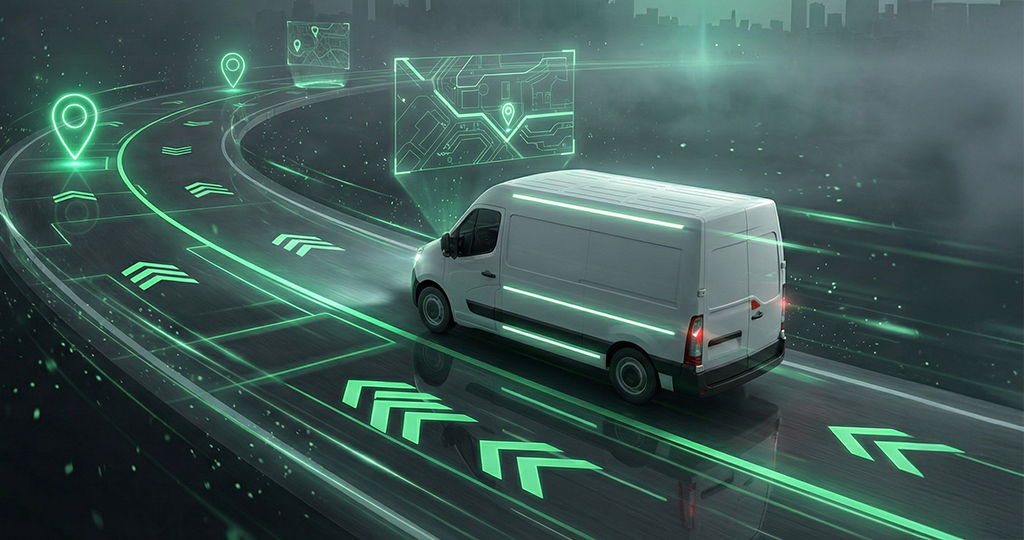An Overview of the Future of Transportation: Electric Vehicles

One of the biggest changes in the automotive industry in recent years has been the proliferation of electric vehicles (EVs). Both individual users and corporate companies are showing increasing interest in this new transportation model. Electric vehicles remain on the agenda in many aspects, from environmental impact to energy efficiency.
What is an Electric Vehicle?
An electric vehicle is a vehicle powered by an electric motor instead of an internal combustion engine. They usually get their energy from lithium-ion batteries, which can be recharged via charging stations. In this respect, electric vehicles stand out as an important alternative to reduce fossil fuel consumption.
Why is the Electric Vehicle on the Agenda?
There are several reasons why electric vehicles are so talked about:
- Environmental Impact: contributes to the reduction of air pollution thanks to near-zero emission values.
- Energy Efficiency: Electric motors operate with higher efficiency than conventional motors.
- Technological Developments: Advances in battery technologies greatly reduce the range problem.
- Global Policies: Many countries are promoting the use of electric vehicles to reduce carbon emissions.
New Parameters for Fleet Management
The rise of electric vehicles is bringing about changes in fleet management processes. Issues such as charging times, range planning and battery health are among the factors that need to be taken into account more. This may require fleet managers to take new approaches to vehicle tracking and planning.
Growing Interest in Electric Vehicles in Turkey
Interest in electric vehicles in Turkey has increased significantly in recent years. The development of charging infrastructure, domestic production initiatives and various incentive mechanisms support the mobility in this field. Especially in big cities, electric vehicles are becoming more common, which clearly shows the effects of this transformation.
The Transportation Approach Shaping the Future
Electric vehicles stand out as the harbinger of a radical transformation in the world of transportation. Developing technology, changing user expectations and sustainability-oriented approaches are accelerating this transformation. In the coming period, electric vehicles are expected to find more space in individual and corporate use. Understanding this change and following developments closely can lead to more conscious steps towards the future of transportation.
Electric vehicles will become even more intertwined with vehicle tracking systems, fleet management and data-driven technologies.



